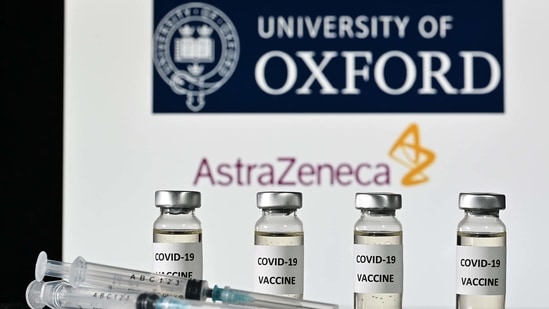AstraZeneca’s antibody-drug has reduced the possibility of intense COVID-19 by at least 50 percent in a study, the company announced last week.
The injection is named AZD7442 and has two different antibodies that are made from the blood of people who have had contracted COVID-19. It is the first drug that prevents and treats COVID-19 in late-stage trials as said in a press release by the company.
The company has already requested Food and Drug Administration (FDA) approval to use AZD7442 for preventing covid-19.
The results come after Merck, the US pharmaceutical company, said on Monday it would ask the FDA to authorize its oral COVID-19 pill, which halved the risk of hospitalization or death in a trial.
There was a TACKLE trial that showed the risk of severe COVID-19 or death was reduced by half if people took the drug within seven days of COVID-19 symptoms. 407 people got the drug and 18 developed severe COVID-19 or died as compared with 37 of 415 people who got a saline injection.

If AZD7442 was given within five days of symptoms, the chances of severe COVID-19 were slashed by 67 percent, the company said. 9 of 253 participants in the AZD7442 group got severe COVID-19 or died, compared with 27 out of 251 in the placebo group.
The drug was tested on 822 adults with mild to moderate COVID-19 in 13 countries, which had the US and UK, it said. No significant side effects were recorded.
Mene Pangalos, executive vice president at AstraZeneca, said in a statement that “early intervention with our antibody can give a significant reduction in progression to severe disease, with continued protection for more than six months”.
Penny Ward, visiting professor in pharmaceutical medicine at Kings College, London, said in a statement that long-lasting protection, up to 12 months, maybe “a useful addition for immune-suppressed individuals whose response to vaccination is suboptimal”.

People that volunteered to be part of the trial were mostly suffering from diseases cancer, diabetes, obesity, chronic lung disease or asthma, cardiovascular disease, or immunosuppression, and 13 percent were aged over 65, AstraZeneca said.
This drug does not interfere with the other medications being administered into the system. This “may potentially make administration simpler for these patients,” she said.


